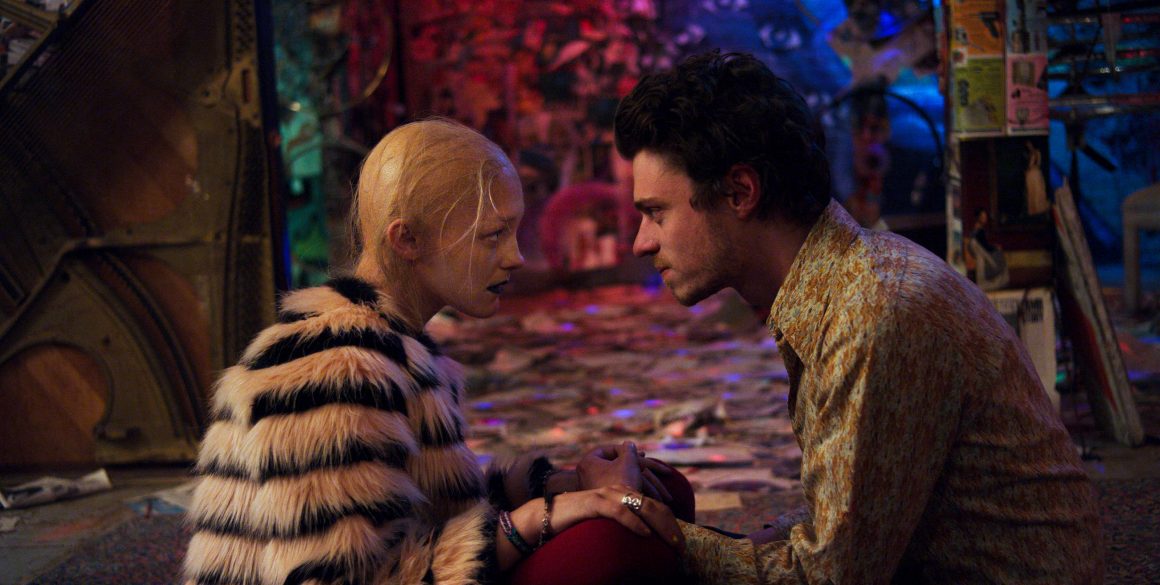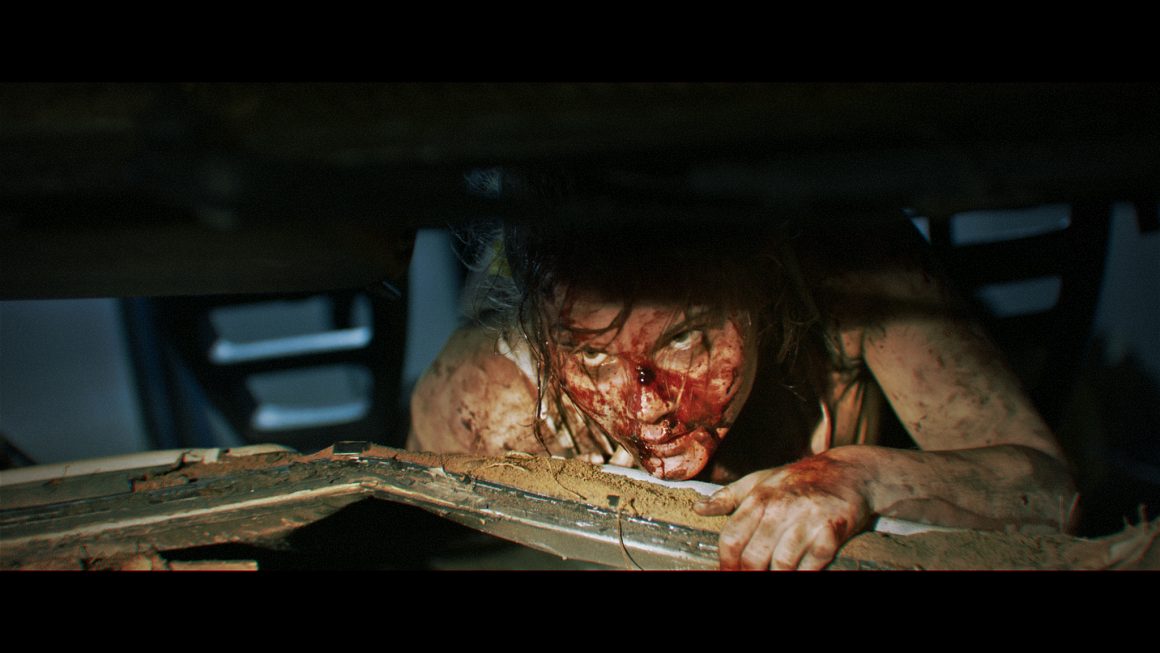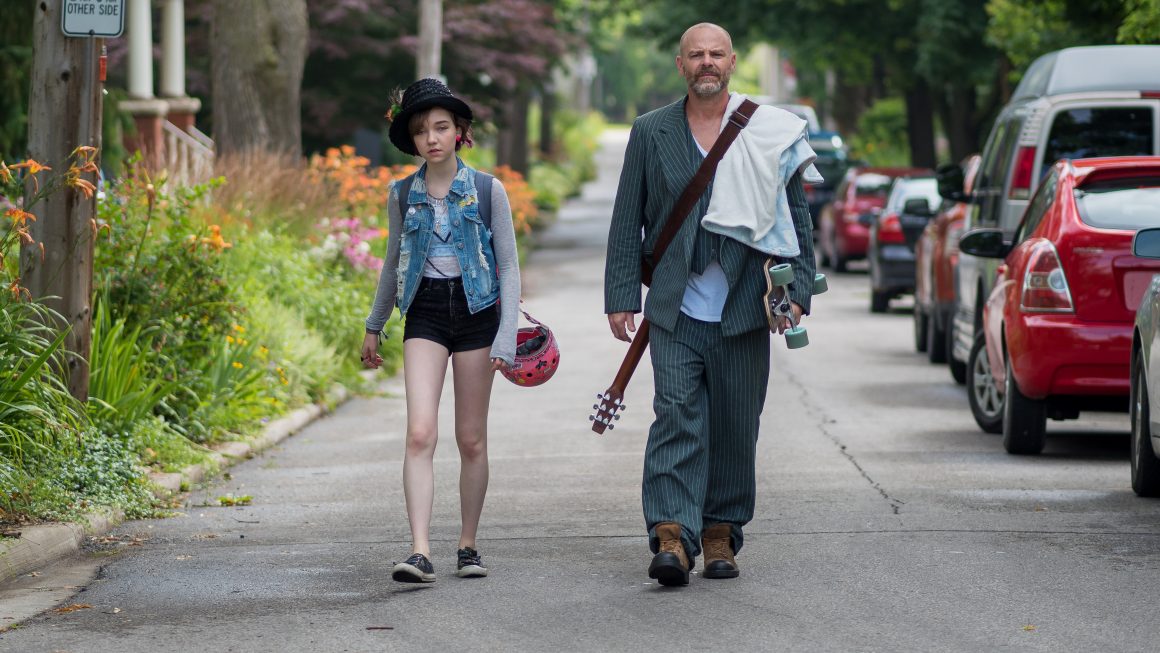
Films matter because storytelling matters
By Gurman Sahota, April 27 2017 —
During an economic downturn, the arts are often among the first cuts when governments and households tighten their belts. This may make fiscal sense to those who consider the arts strictly a leisure activity. But the arts are more vital now than ever.
Festivals like the Calgary Underground Film Festival provide a platform for people to immerse themselves in new and unfamiliar art. Stories would go untold without local festivals, especially those that go beyond our personal narratives.
 Film is a visual medium, so it’s no surprise that movie-goers flock to widely-released blockbusters. These releases often have everything big behind them — big budgets, big names, big influences and most importantly, big revenue for production companies.
Film is a visual medium, so it’s no surprise that movie-goers flock to widely-released blockbusters. These releases often have everything big behind them — big budgets, big names, big influences and most importantly, big revenue for production companies.
But with festivals like CUFF, money often isn’t a deciding factor. There aren’t usually big budgets and there isn’t the threat of being pulled from a project for not making enough revenue. If anything, festivals like CUFF encourage filmmakers to experiment. And though patrons aren’t required to experience films in groups, film festivals encourage people to gather together and experience the intimacy of a visual story.
Director Xander Robin presented the film Are We Not Cats at CUFF. He says festivals provide places for burgeoning filmmakers to build connections and facilitate new, thrilling narratives.
“People still make movies in a visceral way,” Robin says. “I think it’s amazing to watch a movie by yourself versus watching with a group of people, but the visceral aspect of watching a movie in a theatre — the loud sound and the full picture and being able to interact with the director afterwards — I don’t want that to go away even if it doesn’t make monetary sense.”
Writer, producer and actor Andrew Jenkins considers art to be a conduit for conversation. Jenkins says cinema is one way to hear the voices that aren’t heard in mainstream narratives.
“Support from organizations like [CUFF] is hugely important, because without them, we would only see what gets wide release, and sometimes those are sanitized and sometimes those big projects aren’t as meaningful for more niche audiences,” Jenkins says.
Actor Michael Ironside — from films like Total Recall and Top Gun, who was a guest at CUFF 2017 — says that with the invention of modern technology, it’s now easier to convey innovative ideas and feelings. But that isn’t to say that traditional storytelling is extinct — if anything, films and film festivals allows for a contemporary tradition to form.

“When the lights go down and the image comes up on the screen, we’re engaged in a learning ritual that harkens all the way back to our gathering together in the dark around a flickering fire and being spun a tale of legend and life by an elder storyteller,” Ironside says.
Underground film is an important medium for narratives to question social constructs. During unstable political climates and shaky social environments, instead of ridding ourselves of our stories, now is the time we should turn to them. Independent festivals like CUFF foster an environment of experimentation in the arts that is more vital than ever.
